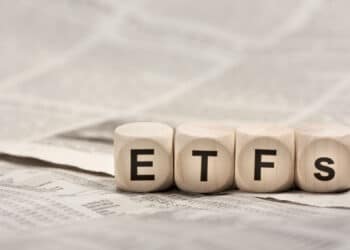<table
Australian investors have reflected the negativity evident on the share market since the first quarter of this year, with the latest Investment and Financial Services Association/CoreData Investor Sentiment Index recording a significant decline into negative territory.
The index, released this week, declined from being in positive territory in the first quarter of the year to record a negative 8.5 point downturn in the second quarter, with Australian investors appearing to lose faith in the local economy’s ability to continue to withstand international trends.
The index analysis said the number of investors anticipating faster growth for the Australian economy had reduced over the past three quarters, with less than a third of investors (29.7 per cent) now anticipating growth to speed up over the next quarter, down from 51.5 per cent for the previous survey period.
Commenting on the results of the survey, IFSA chief executive John Brogden said that while satisfaction with existing investments remains consistent with the last quarter at 37.9 per cent, sentiment towards Australian shares had weakened since the last quarter, while expectations about the performance of cash also fell.
He said there was no doubt that economic uncertainty in Europe and the soft employment data from the US was causing serious concern for Australian investors.
“This quarterly survey reflects what seems to be a continuing ‘watch and wait’ feeling on the part of many investors,” Brogden said.





